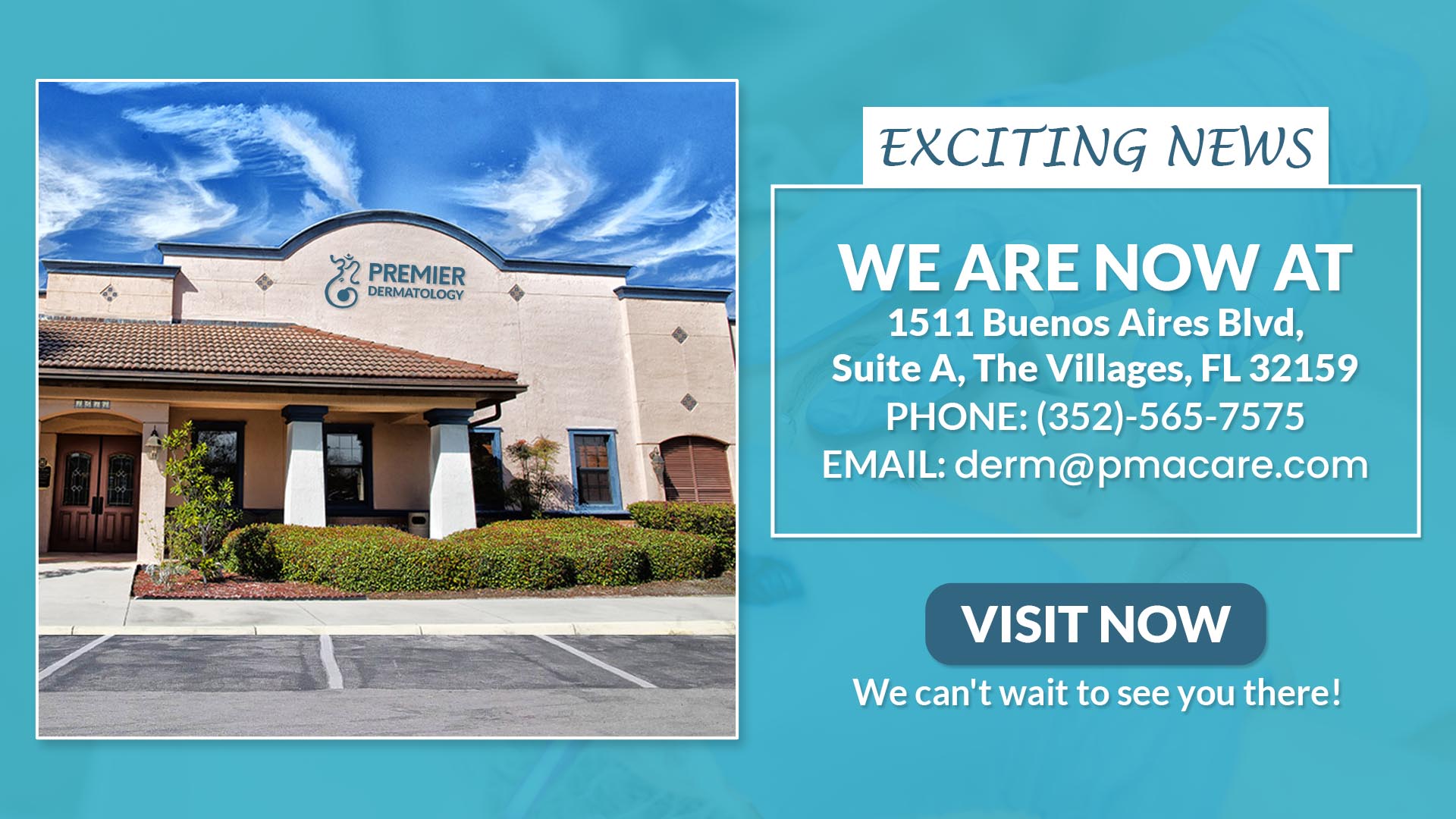Two major factors contribute to hair fall – ageing and genetics. The cause of hair loss is affected by what treatments will be most effective for the individual. There are options that include – supplements, medicated ointments, and lifestyle changes.
Hair loss is a concern for a lot of people these days. Depending on the cause, certain practices and treatments can help strengthen and regrow hair.
Your diet can have a major effect on hair growth and health:
- Add more protein to your diet
Several individuals experiencing hair loss had low protein and amino acid intakes. So, a protein-rich diet is clearly a solution. It has been found that there has been an association between herbs and vegetables in the diet and a decreased risk of androgenetic alopecia, or pattern baldness, in males.
- Do not go for a crash diet
Do not deprive the body of essential nutrients like protein, fatty acids, and zinc. Crash diets do not usually result in healthy weight loss. Hair loss can occur in an individual who loses body cell mass as a result of weight loss from a low-calorie diet. This can result in hair loss.
- Try out supplements and medications
Some supplements and treatments may help prevent or reduce hair loss. There are studies that suggest vitamins can help prevent hair loss. Vitamin deficiencies are a risk factor for hair loss. Vitamins that may help include the following:
- vitamin B
- vitamin D
- vitamin A
- vitamin C
- vitamin E
- zinc
- iron
- selenium
If you are considering taking multivitamin supplements you should talk to your nearest dermatologist. The dermatologist can suggest the best products that contain all or most of the recommended daily amounts of each vitamin and mineral in a single dose.
- Take hair loss medications
Several medications for preventing hair loss are available in the market. One of them is – minoxidil, which is applied topically, this is the go-to treatment for androgenetic alopecia. Doctors use minoxidil for treating other causes of hair loss, such as chemotherapy.
Another prescription drug finasteride is a medication for hair loss on the scalp. This can be taken orally and can also be applied topically.
Tips for healthy and strong hair
Certain practices can contribute to healthier hair. These steps include:
- Massaging the scalp for scalp health
A daily 4-minute scalp massage stimulates hair growth, as it enhances the blood circulation in the scalp area which encourages healthy hair.
- Low-level laser light therapy for better hair
This is a treatment for skin issues that uses low-wavelength red light to stimulate cell growth and help healthy hair growth. This treatment is called Low-level laser light therapy (LLLT), and is also known as red light therapy. LLLT has proven to significantly increase hair density and thickness.
- Using essential oils for hair growth
Certain essential oils can boost hair growth. Pumpkin seed oil, applied topically to the scalp, significantly increased hair regrowth in people with female pattern baldness.
Rosemary oil applied to the scalp can be as effective as minoxidil, and it is the latest trending hair growth ingredient. In a study among people with central centrifugal cicatricial alopecia, the following were among the essential oils that had promising results for increasing hair growth:
- jojoba oil
- tea tree oil
- lavender oil
- peppermint oil
- Use caffeine-infused hair products
Caffeine infused in topical formulations such as shampoo and conditioner may prevent hair loss as effectively as minoxidil, according to a 2020 review. Caffeine is found to stimulate the metabolism and proliferation of cells.
- Applying antioxidants to the scalp directly
People who use a shampoo or leave-in scalp treatment containing antioxidants like piroctone olamine for an 8-week period had increased hair growth and improved scalp conditions.
- Protecting hair while you sleep
A silk pillowcase can help prevent hair breakage that can be caused by friction, tangling, and tugging. Sleeping with wet hair can weaken the strands and may cause breakage. When hair is wet, it is in its most vulnerable state so one should handle it gently.
- A good hair and scalp care routine
Taking proper care of the hair and your scalp can help prevent hair loss. The American Academy of Dermatology Association suggests gently massaging the shampoo on the scalp but not into the hair for a clean scalp. The Association also recommends using conditioner after every shampoo for nourished locks. The AAD also mentions that wearing tight hairstyles such as ponytails, or buns can damage hair.
Why is your hair falling out?
It is a normal and natural cycle for hair to grow and eventually fall out. Most of the time people do not notice the natural hair loss that occurs daily. The natural hair loss process does not affect the hair thickness and the hairline.
People are more likely to be more aware and affected by excessive hair loss, which may be due to multiple underlying conditions. Here are the symptoms of excessive hair loss can include:
- sudden major hair loss
- losing patches of hair
- noticeable thinning
One of the most common causes is genetics. Commercial products like minoxidil could help slow and treat this balding. Some of the immediate causes of hair loss include:
- chemotherapy or radiation therapy
- hormonal changes – thyroid issues or menopause
- emotional or physical stress
- tightly pulled hairstyles, such as a ponytail
- certain medications for example blood pressure or cancer
Can the hair loss process be reversed?
A dermatologist is the best professional who can determine whether a person’s hair may regrow on its own.
Hair loss may be temporary and there are ways to reverse for the following conditions:
- Hair may start growing back if medications are causing hair loss, once the person stops taking the medication. It can take up to about 18 months for the complete regrowth result.
- Hair loss may occur due to decreased estrogen levels during pregnancy.
- In cases of mild autoimmune disease like alopecia areata, hair loss may be reversed.
- Treatments like chemotherapy or radiation therapy cause hair loss.
- People experience hair loss due to stress for weeks like after a major surgery or after having a major illness.
In order to help hair grow again, a dermatologist is trained to perform procedures such as the following:
- Corticosteroid injections- In this procedure injections into bald or thinning areas every 4 to 8 weeks is applied. The AAD says it is the best treatment for alopecia areata.
- Platelet-rich plasma (PRP) therapy- This involves a dermatologist drawing a small amount of blood and injecting the plasma into bald areas.
- A dermatologist may also prescribe a medicine called finasteride to slow hair loss and boost hair growth.
People looking for a treatment to help prevent or regrow hair have several potential options and it is even better when hair fall treatments are near you. The effectiveness of each option will vary from person to person and will also depend on the cause of the hair loss. People should talk to a dermatologist before starting any kind of new hair loss treatment or taking supplements.



